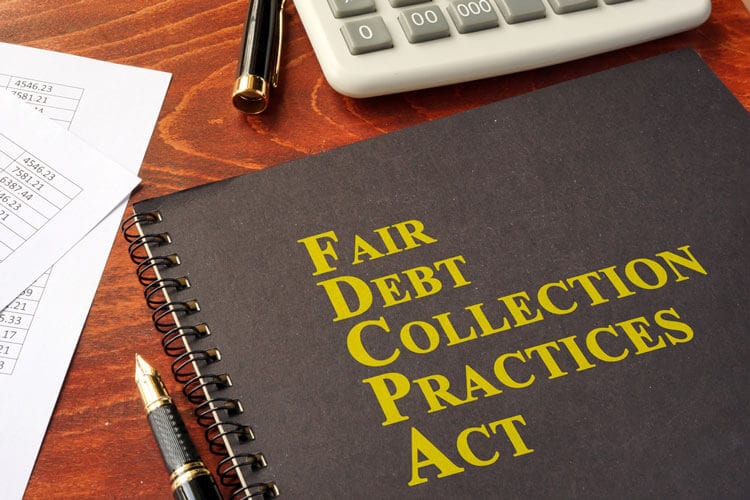The Fair Debt Collection Practices Act (FDCPA) limits debt collectors’ actions when collecting certain types of debt. The Federal Trade Commission (FTC) enforces the FDCPA, making it illegal to use abusive, deceptive, or unfair practices when debt collectors collect their dues.
The act will cover most personal loans such as student loans, mortgages, medical bills, auto loans. But business debts are not included in the act.
So, how does the Fair Debt Collection Practices Act protect you?
Debts can be overwhelming, and according to the Federal Reserve, Americans’ household debt hit $14.6 trillion, which was shared among 340 million people.
Companies are dedicated to helping individuals with their debt situation and money management. Bills.com is such a company, assisting consumers in finding the best program that will suit their needs. They can help in varying ways, like letting you know your rights under the FDCPA.
Manage Communication with Debt Collectors
You can control or limit how and when a third-party debt collector contacts you. Under the act, debt collectors are not supposed to call at an awkward time or let third parties know about your debt. However, it will not be enough to try and manage communication through your phone; FDCPA insists that the request must be in writing for it to be enforceable.
At the end of 2021, FDCPA released a new update that makes it possible to limit debt collector communication through text, email, and social media platforms. It is important to remember that restricting communication does not mean the debt will disappear. The debt collector can claim their debt through legal means, leading to wage garnishment.
In practice, this is what limiting communication means:
- The debt collector must cease all communication if you request it
- They can’t contact you before 8 AM or after 9 PM
- The debt collector should not disclose your debt to third parties such as family, friends, and employers
- If you tell them not to contact you at work, it has to cease
- The debt collector must communicate through your lawyer if you are represented
Protection Against Harassment or Abusive Practices
FDCPA restricts debt collectors against harassment or abusive practices when collecting the debt. Harassment can go beyond repeatedly being asked to pay the money; it can be anything misleading done to try and coerce you to do something you are not willing to do for fear of retribution.
Debt collectors that are abusive or overly aggressive are usually a sign of a scam. Take your time to figure out if you are dealing with a scammer to avoid paying for a debt you don’t even owe. Keep a record of any abusive practices you experience under the debt collector as evidence when you file a lawsuit or sue the debt collection agency.
Along with other limitations, debt collectors are not allowed to:
- Use abusive language
- Use threats of violence
- Calling more than once a day to either harass or annoy you
- Contact you to pay a debt without identifying themselves as debt collectors
- List your debt for sale to the public
Debt Collectors Must Validate Your Debt
Under the Fair Debt Collection Practices Act, debt collectors are required to prove that you owe the debt they are trying to collect. The validation process starts with a validation letter, and you could also request a verification letter to get more information; they must present that as well. Avoid trying to pay any debt before you have gathered as much information as you can. Since their first contact, debt collectors have to send the validation within five days.
The validation letter should contain:
- The total amount you owe
- The name of the creditor who is looking to collect payment
- A statement that the debt collector assumes the debt is valid unless you dispute it within 30 days
- A statement that if you refute the debt or request more information on it in writing within 30 days, the debt collector will confirm the debt by mail
- A statement that if you request information about the original creditor within 30 days of first contact, the collector must provide such information
Comprehensive Help with Debt
Bills.com is your partner through your journey to financial freedom and money management. Our award-winning Debt Coach tool offers direct empowerment and transparency to consumers to ensure you make the best financial decision for their personal needs.
We also provide thousands of articles and consumer guides that offer you the information you need to take control of your finances. You can also compare debt relief alternatives such as credit counseling, debt consolidation, and debt resolution. Contact us today and let Bills.com handle your debt solutions.

